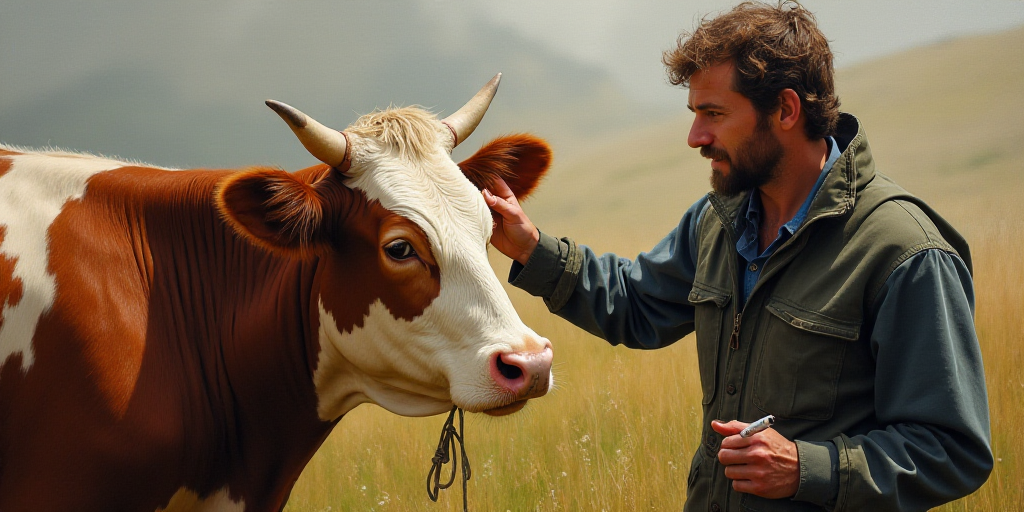Background and Key Players
The Mexican meat industry is pushing back against new government regulations on cattle movement as tensions rise with the United States over a gastrointestinal worm outbreak. Claudia Sheinbaum, the President of Mexico City, announced last week that the country is working on new measures to be soon revealed.
The Mexican meat industry is represented by AMEG (Mexican Meat Producers Association), which issued a statement on Friday expressing concerns about the new regulations.
Industry’s Concerns
AMEG argues that restricting cattle movement from south to north “threatens the viability of an entire sector.” The new measures, according to AMEG, impose greater obstacles on cattle mobility, putting the meat production supply chain at risk.
AMEG emphasizes that the only proven method to eradicate the gastrointestinal worm, which infests and can kill livestock if untreated, is the release of sterile flies to reduce natural breeding populations.
Government’s Stance
A September 19 document from Mexico’s Secretariat of Agriculture and Senasica, accessed by Reuters and confirmed by a Senasica spokesperson, mandates the use of antiparasitic drug ivermectin 72 hours before cattle movement under the supervision of the International Organization for Animal and Plant Health personnel.
US Agriculture Secretary Brooke Rollins blamed a confirmed gastrointestinal worm case in cattle last week in Mexico’s Nuevo León state, less than 113 kilometers from the common border, on Mexico’s failure to halt cattle movements and address floating traps monitoring wild populations.
Impact on the Meat Industry
Mexico has struggled to contain the outbreak moving northward from Central America. The plague, which authorities say has yet to cross the US border, poses a multimillion-dollar risk to Mexico’s meat industry. Since May, the US government has kept most of its border closed to Mexican cattle imports.
US cattle producers, including R-CALF USA industry group, have publicly urged their government to persuade Mexico to stop northward cattle movement and illegal trade of cattle from other Latin American countries.
Government Response and Ongoing Efforts
President Claudia Sheinbaum stated last week that Mexico is working on new measures, though restricting cattle movement from south to north isn’t simple.
Senasica informed Reuters on Thursday that their trap system is reviewed every three to four days, a frequency determined in conjunction with US counterparts. Senasica has also implemented a double-inspection system at the cattle origin point.
Key Questions and Answers
- What is the issue? The Mexican meat industry opposes new government regulations on cattle movement due to a gastrointestinal worm outbreak, causing tension with the United States.
- What are the industry’s concerns? AMEG argues that restricting cattle movement threatens the viability of the meat production sector and imposes greater obstacles on cattle mobility, putting the supply chain at risk.
- What is the government’s stance? The Mexican government mandates ivermectin treatment for cattle before movement, supervised by international health personnel.
- How is this affecting the meat industry? The outbreak poses a significant risk to Mexico’s meat industry, with the US maintaining closed borders to Mexican cattle imports since May. US producers urge their government to persuade Mexico to halt northward cattle movement and illegal trade.
- What are the ongoing efforts? President Sheinbaum confirmed that new measures are being developed, though restricting cattle movement isn’t straightforward. Senasica has implemented a review system for traps and double-inspection at cattle origin points.






